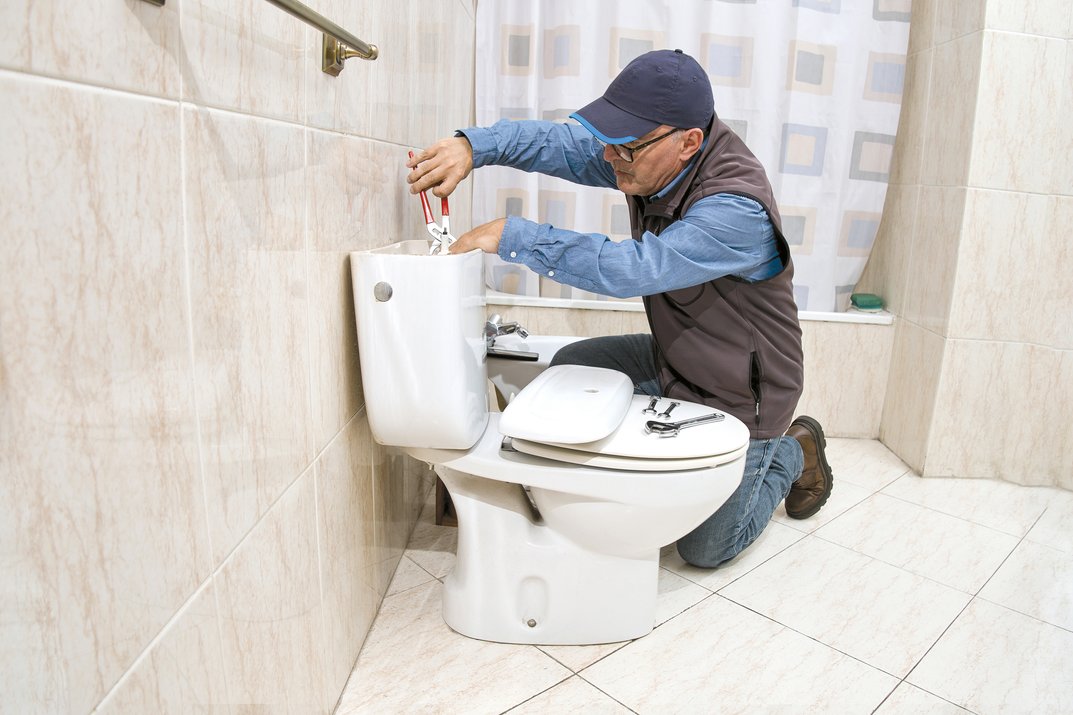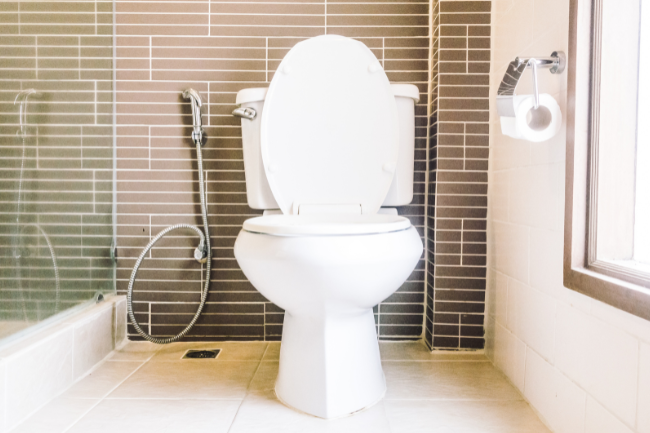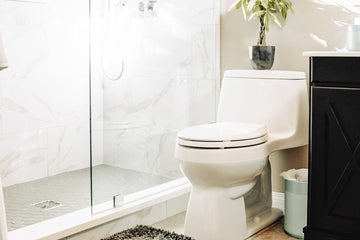In today's world, where sustainability has become a paramount concern, reducing water waste in bathrooms is more critical than ever. For those in Industry QA, understanding how to effectively conserve water is not just an environmental responsibility but also a practical necessity. Bathrooms are notorious for being one of the largest consumers of water in both residential and commercial spaces, and thus present a significant opportunity for water conservation efforts.
Addressing this issue not only helps in saving the planet's precious resources but also translates to substantial cost savings. As water scarcity becomes a growing concern globally, implementing strategies to reduce water waste in bathrooms is a proactive step toward a sustainable future. Let's delve into some actionable strategies for achieving this goal.

Understanding Bathroom Water Consumption
Bathrooms, by design, are water-intensive spaces. From showers and sinks to toilets and bathtubs, every fixture contributes to the overall water usage. On average, a single toilet flush uses about 1.6 gallons of water, which can accumulate to thousands of gallons annually. Similarly, showers account for nearly 17% of residential indoor water use, averaging 40 gallons per day per household. This significant consumption calls for immediate attention to water-saving techniques.
The Importance of Efficient Fixtures
For those in Industry QA, advocating for the installation of water-efficient fixtures is a practical step towards sustainability. High-efficiency toilets, low-flow showerheads, and aerated faucets can dramatically reduce water usage without compromising on performance. These fixtures are designed to minimize water consumption by utilizing advanced technologies that maintain the same level of functionality, making them a smart investment for any bathroom.
Smart leak detectors are another essential tool in the arsenal against water waste. Devices like the ones discussed in Smart City Water Leak Monitor can help identify leaks early, preventing the significant water loss that unnoticed leaks can cause. By incorporating these technologies, businesses and homeowners can take proactive steps to conserve water and reduce waste.
Behavioral Changes: Small Actions, Big Impact
While upgrading fixtures is crucial, promoting behavioral changes can also significantly impact water conservation efforts. Encouraging shorter showers, full loads in washing machines, and turning off taps while brushing teeth are simple yet effective strategies to reduce water waste. For Industry QA professionals, promoting water-saving habits among employees and clients can foster a culture of sustainability.
Educational Initiatives
Implementing educational programs is an excellent way to raise awareness about the importance of water conservation. Workshops, seminars, and informational materials can equip individuals with the knowledge they need to make informed decisions about water usage. By fostering a deeper understanding of the environmental and economic benefits of water conservation, Industry QA can lead the way in promoting sustainable practices.
Technological Innovations in Water Conservation
The role of technology in reducing water waste cannot be overstated. Innovations such as smart water meters and automated leak detection systems offer real-time insights into water usage patterns, allowing for timely interventions. These technologies empower users to monitor and manage their water consumption more effectively, reducing waste and promoting efficiency.
Moreover, investing in cutting-edge solutions can position businesses as leaders in sustainability, demonstrating a commitment to environmental stewardship. Industry QA professionals can advocate for the adoption of these technologies, facilitating a shift towards more sustainable practices within their organizations.
Collaborative Efforts for Greater Impact
Collaboration is key to achieving significant progress in water conservation. By partnering with industry experts, environmental organizations, and governmental bodies, Industry QA can leverage resources and expertise to drive meaningful change. Collective efforts can lead to the development of comprehensive strategies and policies that address water waste at a systemic level.
For instance, implementing community-wide initiatives that promote the use of water-efficient toilets and fixtures can result in substantial water savings. Such initiatives not only benefit individual organizations but also contribute to the broader goal of reducing water waste on a larger scale.
The Financial Benefits of Reducing Water Waste
Beyond the environmental impact, reducing water waste in bathrooms offers significant financial benefits. For businesses, implementing water-saving measures can lead to reduced utility bills and operational costs. The initial investment in efficient fixtures and technologies is often offset by the long-term savings achieved through decreased water consumption.
Return on Investment
Understanding the return on investment (ROI) for water conservation measures is essential for Industry QA professionals. By analyzing the cost savings associated with reduced water usage, businesses can make informed decisions about the allocation of resources. Demonstrating the financial viability of water-saving initiatives can encourage wider adoption and support from stakeholders.
In conclusion, reducing water waste in bathrooms is a critical component of sustainable practices. For Industry QA, taking the lead in promoting water conservation can drive significant environmental and economic benefits. By incorporating efficient fixtures, advocating for behavioral changes, leveraging technology, and fostering collaboration, we can pave the way for a more sustainable future. Embracing these strategies not only conserves water but also positions businesses and communities as leaders in environmental stewardship. To learn more about testing your toilet for leaks, visit here.

FAQ Section
Why is reducing water waste important in bathrooms?
Reducing water waste in bathrooms is crucial because these spaces account for a significant portion of indoor water use. By conserving water, we can protect the environment, reduce utility bills, and promote sustainable practices.
What are some effective ways to reduce water waste?
Implementing water-efficient fixtures, promoting behavioral changes, and using technologies like smart leak detectors can effectively reduce water waste. Additionally, educational initiatives can raise awareness about the importance of water conservation.
How can technology aid in water conservation?
Technological innovations such as smart water meters and automated leak detection systems provide real-time insights into water usage patterns. These tools enable users to monitor and manage their water consumption more effectively, reducing waste and promoting efficiency.






